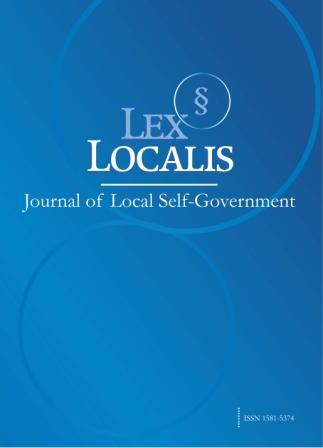The Regeneration of Chinese Classical Literature in Video Games: A Multimodal Digital Narrative Discourse Analysis of Black Myth: Wukong
DOI:
https://doi.org/10.52152/800187Abstract
Taking the Chinese digital game Black Myth: Wukong as the research object, this study adopts the multimodal discourse analysis framework of Systemic Functional Linguistics to examine the multimodal narrative regeneration of the classical masterpiece Journey to the West within a digital media context. From the four dimensions of cultural context, situational context, meaning construction, and formal realization, the article argues that Black Myth: Wukong achieves a contemporary articulation of classical spirit through multimodal genres such as ink-painting scrolls, storytelling-style narration, and chapter-ending animations. The interplay of language, visuals, and sound within the game collaboratively constructs a narrative structure that is “visible, audible, sensible, and thinkable,” transforming players from mere spectators into active participants in meaning-making communities. By analyzing specific examples—including the “Shanbei storytelling segments,” “chapter-ending animations,” “Shadow Deity illustrations,” and “interactive scrolls”—this paper reveals how traditional culture is reactivated and transmediated in a gamified, digital, and multimodal environment, forming a new discursive style that fosters cultural identity and enhances its potential for international communication.
Downloads
Published
Issue
Section
License
Copyright (c) 2025 Lex localis - Journal of Local Self-Government

This work is licensed under a Creative Commons Attribution-NonCommercial-NoDerivatives 4.0 International License.








